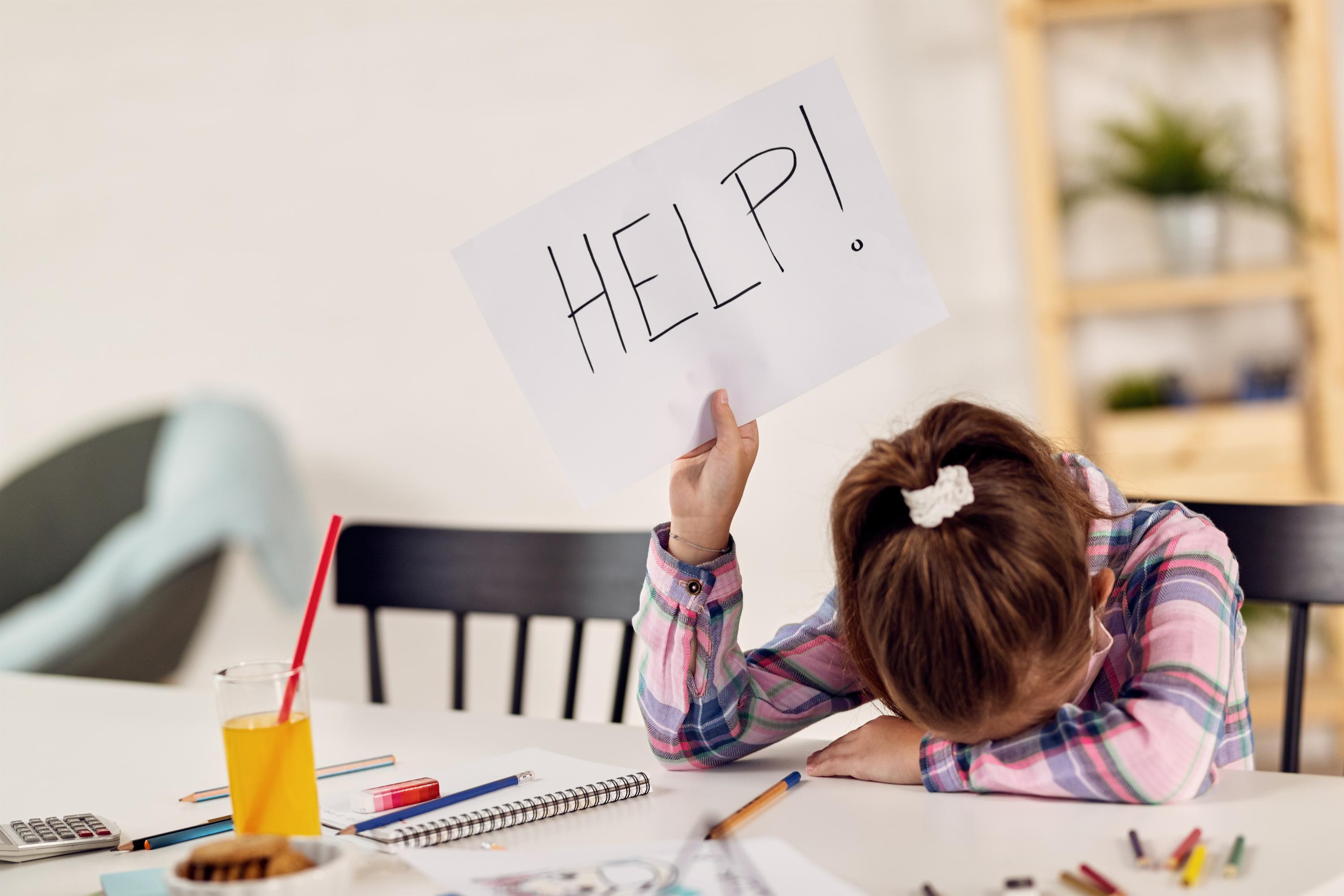A step towards a healthy childhood
According to our interview with Psychotherapist Rojisha Shahi, where we addressed the concerns of mental health among children and how we can help them build a happy childhood, I hope you get the concept regarding children's mental health from the article

Mental health is important for everyone, not just teenagers and the elderly, but also for children aged 5 to 11, as they enter into a social circle with friends and society, which can cause a lot of mental trauma and issues, which must be addressed and cured with the help of specialized resources and a loving, healthy environment and there are services accessible for children's mental health even at Healthy Minds. We may learn about the fundamentals of raising children with happy and healthy minds from this article.
- What are some common signs and symptoms of children's mental health issues that parents should be aware of?
Physical symptoms are one of the key indicators. Since children project their mental health through their physical health such as; headaches, stomachaches, and even fainting, it's important to pay attention to these signs. Physical symptoms can also affect a child's ability to learn, so it's important to monitor their diet, sleep schedule, and any other unusual behaviors like an unusual appetite or a change in attitude. Another is erratic conduct, and over the course of 4 to 5 months, they exhibit unpredictable behavior that cannot be explained by the fact that a child who was formerly highly chatty is now quiet, and vice versa.
- How can parents create a supportive and open environment for discussing mental health with their children?
Since children at that age are unable to manage their emotions, I believe it is essential for parents to ask about their well-being. It is also necessary to attend to both their emotional and physical requirements, such as their education, nutrition, and health. But because we frequently ignore their sentiments, we should ask them how they are feeling and how they are doing if they get into a fight with their friends or obtain subpar test results. The most fundamental and important question is how they are feeling. They also need to be aware of their sentiments, therefore parents must help children convey their feelings, whether they are happy, angry, or envious. As role models for their children, parents must be honest about their own emotions and sentiments too in order for the children to understand them.
- What role does resilience play in children's mental health, and how can parents help build resilience in their children?
One thing a parent should teach their children is to experience what they are experiencing, as we witness parents attempting to repress their feelings. If a child falls, the parents will say, "You shouldn't cry," or if they are overjoyed, they will stop them, questioning why they have to express so much. Another thing is that as Nepalis, we are critical, and we do it to our children as well. We don't appreciate them but rather guide them when they do something wrong. This undermines confidence and prevents youngsters from comparing themselves to their peers and cousins, which leads to excessive competitiveness among the children. As a parent, you want to give your children everything they want, but when the real world comes into play, it makes it more difficult for them to deal. As a result, I feel that rather than being too protective of their children, parents should teach them about the real world, which will help them build resistance and discrepancy.
- In today's digital age, how can parents help their children develop a healthy relationship with technology to prevent adverse impacts on mental health?
It's much more difficult for parents, in my opinion, but as parents, you should always balance and limit your own screen time. The conduct will then be adopted by the children, thus the first step is for parents to work on themselves when it comes to working parents, they have other things to worry about besides jobs, kids, and home issues, so they prefer to give it to the kids, which exposes them, but you can work on it by scheduling and regulating their screen time, as well as checking on what they are exposed to.
- What are some effective strategies for managing stress and anxiety in children, particularly in the context of academic pressures or social challenges?
Parents should avoid pushing their children too much, as they may limit their horizons and limit their growth. Comparing and competing with others can be detrimental to children's mental health. High exposure to social media can create lasting effects on children, leading to stress and anxiety. However, involving kids in extra activities and allowing them to grow at their own pace is crucial. Academics are not the only aspect of a child's development, and they are growing too early due to social media and exposure. Parents should also understand that children's growth is not limited to academics.
- Are there any red flags that might indicate a child requires professional intervention, and what steps should parents take if they suspect their child needs therapy or counseling?
Physical indications are one of the most important red flags, and there are many professionals that specialize in children's mental health that you may contact, Healthy Minds will be working with children's mental health.
- Could you provide some guidance on self-care practices for parents to ensure they are maintaining their mental well-being while supporting their child's mental health journey?
Be a role model. First, attempt to set a good example. It is sanitary, and another is a sleeping regimen, healthy food, some physical activity, and including your children in your routine. Also, if you need any additional information or assistance with your child's mental health, Healthy Mind is currently working with children too.

Rojisha Shahi
Masters in Clinical Psychology
Founder and the Director at Healthy Minds
We are delighted to introduce Rojisha Shahi, a remarkable individual with a passion for mental health and a strong advocate for the well-being of individuals. Rojisha Shahi is the Founder and Director of Healthy Minds, and it is a groundbreaking organization dedicated to promoting mental wellness and providing accessible support to all the ages in need.


